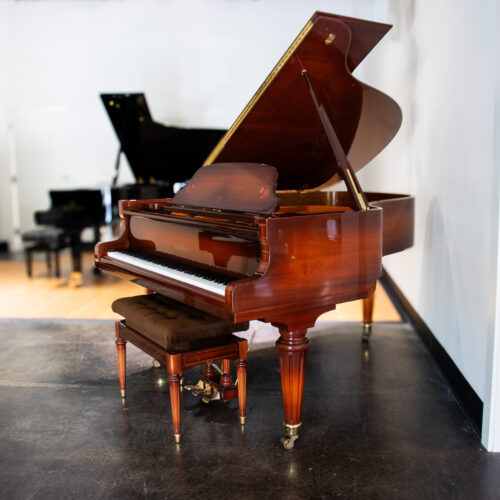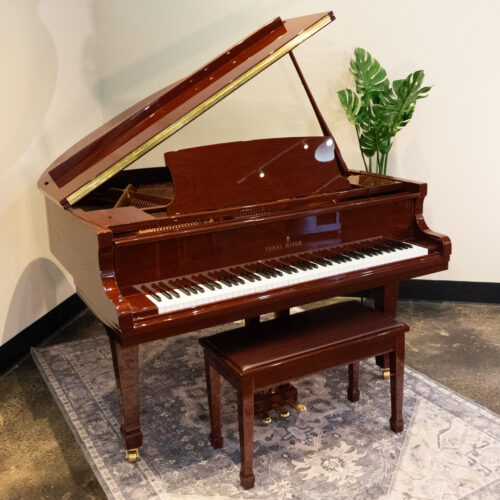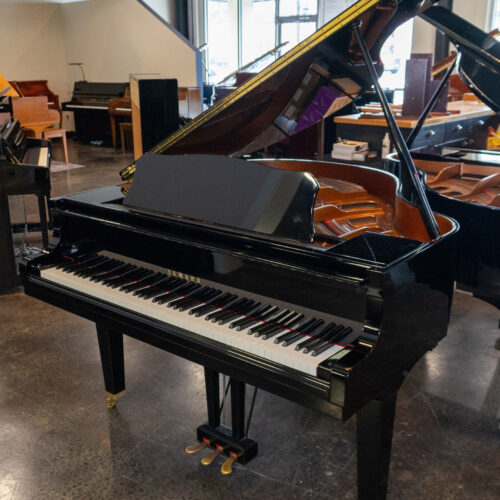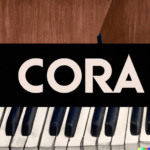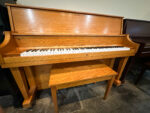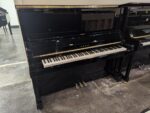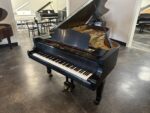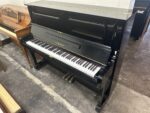If you’re considering learning the piano, you’ve probably heard many opinions and myths about the piano. Inevitably, you might even believe some of these myths, too. In this article, we’ll go over the top piano myths you should know about:
Music Theory Is Irrelevant

There seems to be a misconception that piano instructors are merely theory pushers. Piano teachers, for some reason, enjoy making their pupils miserable and get the happiest when forcing as much tedious theory down their throats as possible.
But music theory is significant. The meaning of life is a mystery, but if you learn how music functions, you may easily understand what it means. The best aspect of the theory is that it applies to all types of music. It remains the same regardless of the genre or the instrument. It can be used on any instrument, and once learned, it’s yours forever. It may therefore be challenging at first and require some concentration.
I’m Too Old To Learn Piano
One of the biggest misconceptions about learning the piano is you can’t teach an old dog new tricks. This may be the case for dogs but not humans regarding the piano.
Children will undoubtedly find some aspects of learning the piano easier since their minds are more open and receptive to mechanical approaches. Adults have the advantage of being able to get things done in addition to being much quicker at absorbing theoretical notions. When comes adults, they have the discipline and courage to learn the piano. Therefore, you have no justification if you’ve decided to learn the piano as an adult.
Hand Techniques Don’t Matter

When studying the piano, there are many different hand techniques to master. These include moving the left hand, getting the hands to play together, getting the fingers to play separately, spreading your hands wide, twisting your fingers in odd ways, and playing without looking at your hands.
By reaching adulthood, we are confident that we have acquired all the fundamental motor skills we will require for daily living. However, learning a new instrument forces us to start from scratch with some skills, which may be difficult and humiliating.
Remember that you are not the only beginner pianist going through this. As you practice, each new technique will get easier. For example, once you can move your left hand around, it will be simpler to move those fingers independently. You’ll also start to play notes with wider and wider intervals, which will help your hands get used to spreading out. These hand-worries will care for themselves more while you play music and work out.
Conclusion
So, are you ready to learn the piano? We hope you enjoyed learning about these top piano myths you should know about!
If you want to purchase your dream piano, check out our new and used pianos, and contact us! If you have any questions, chat with us, fill out a form, or call us at 615-771-0020! Our hours are Monday-Saturday from 10 am to 6 pm. We are here for you.

